Thai tea market will continue to grow
According to the Nationthailand daily, Mr. Poonpong Naiyanapakorn, Director-General of the Thai Trade Policy and Strategy Office (TPSO) and spokesman of the Ministry of Commerce, revealed the latest findings from TPSO's monitoring of the global and Thai tea markets.
Tea consumption has been steadily increasing in recent years, he said, with a significant boost coming from the growing popularity of green tea and matcha, fueled by social media. This trend is expected to make high-quality, pure matcha increasingly scarce and significantly more expensive by 2025.
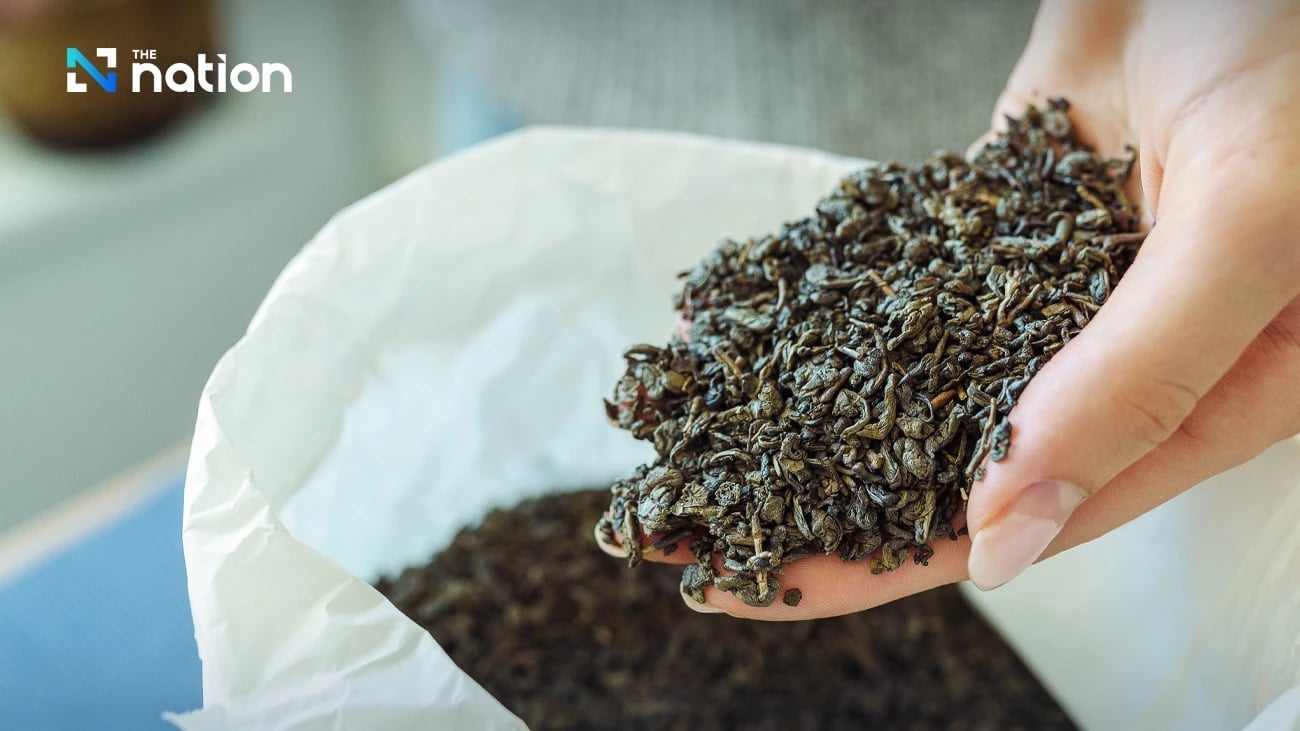
The Thai tea market is forecast to continue growing at an average annual rate of 2.2% until 2029. Photo: Nationthailand .
Climate change is reducing tea production even as global demand accelerates, according to data from the International Tea Council. Meanwhile, more consumers are embracing matcha as a source of “clean caffeine,” drinking it as an alternative to coffee in line with health and wellness trends.
However, matcha production remains complex, requiring specialized plant varieties, meticulous processing, and highly skilled labor.
According to Euromonitor, the global tea retail market will reach $51.47 billion by 2024, up 3.5% year-on-year. Black tea accounts for the largest market share with 41.3% of total retail value, followed by green tea (22.8%) and fruit/herbal tea (19.5%).
The global tea retail market is forecast to continue growing, growing at an average rate of 6.1% per year and reaching an estimated retail value of US$69.22 billion by 2029.
In Thailand alone, Euromonitor's report shows that the domestic tea retail market will reach a value of 2,262.7 million baht in 2024 (about 64 million USD), up 4.2% year-on-year. Green tea accounts for the highest value at 1,040 million baht, accounting for 46.3% of the Thai tea market share, followed by fruit/herbal tea (23.0%) and black tea (13.5%).
The Thai tea market is forecast to continue growing at an average annual rate of 2.2% until 2029.
Of which, Thailand's ready-to-drink tea market was valued at 16,834.7 million baht, a significant growth of 6.8% year-on-year, indicating a growing trend towards convenient ready-to-drink tea products.
Opportunities for high quality Vietnamese tea
The Import-Export Department's newsletter ( Ministry of Industry and Trade ) said that according to data from the World Trade Center (ITC), in the first 9 months of 2025, Thailand imported 13.2 thousand tons of tea, worth more than 29 million USD, down 12% in volume, but up 48.9% in value compared to the same period in 2024.
In the first 9 months of 2025, in terms of volume, China, Vietnam, Indonesia, Malaysia, Japan, and Myanmar were the major tea suppliers to Thailand.
Of which, Vietnam is the second largest supplier, accounting for 34.24% in volume and 15.47% in value of Thailand's total tea imports, up from 29.99% in volume and 13.42% in value in the first 9 months of 2024. While Thailand's tea imports decreased, imports from Vietnam increased by 0.4% in volume and 71.7% in value over the same period in 2024.
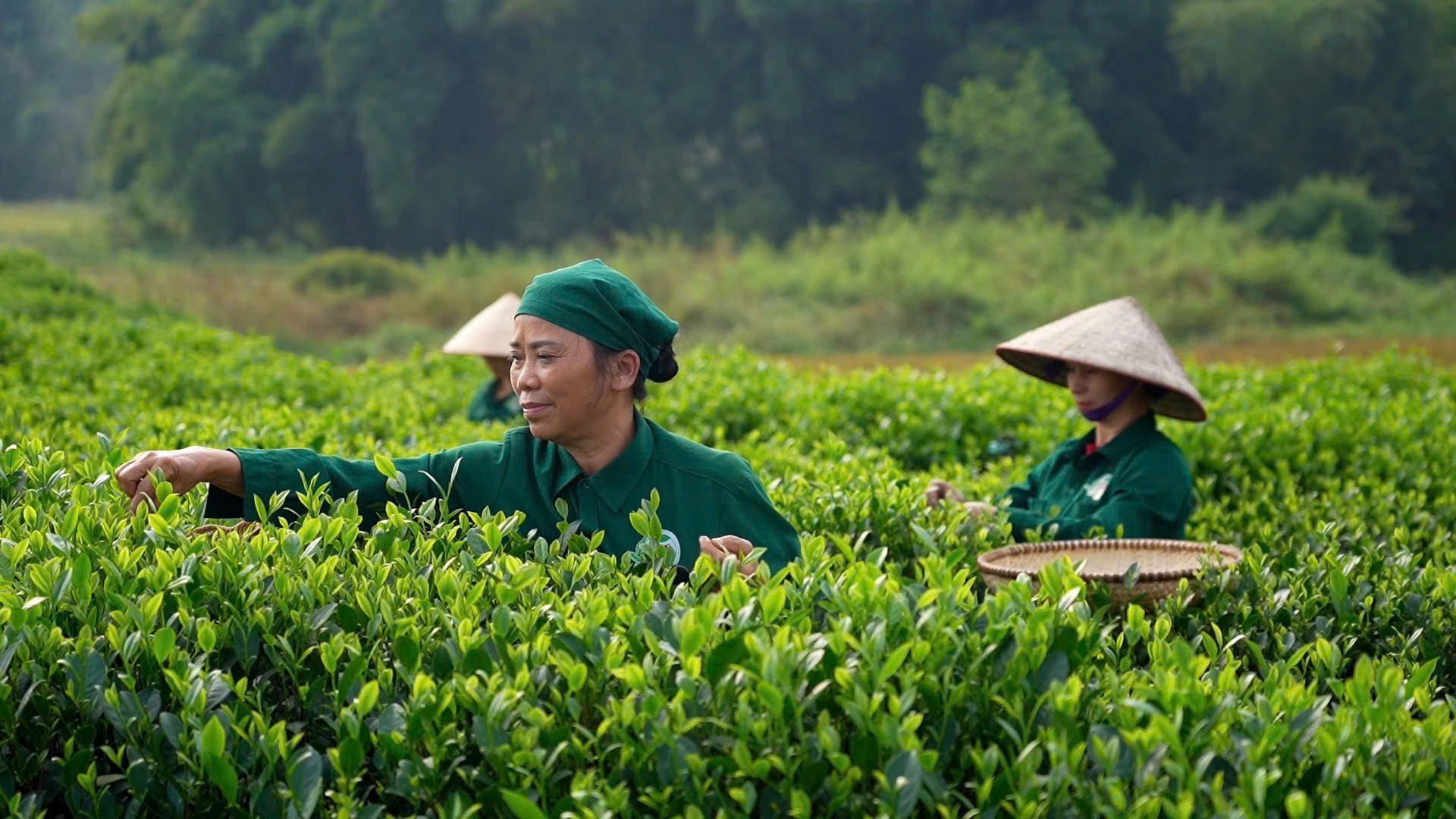
In the first 9 months of 2025, in terms of volume, China, Vietnam, Indonesia, Malaysia, Japan, and Myanmar were the major tea suppliers to Thailand. Photo: Hong Tham .
In the coming time, it is forecasted that Vietnam's tea market share will continue to increase in Thailand thanks to its strategic trade partner position and the shift in consumption trends towards healthy products among Thai people.
The demand for healthy products, especially high-end teas and cold brew teas, is increasing rapidly globally, including in the Thai market. This trend opens up opportunities to promote exports of high-quality Vietnamese tea products.
Vietnam has famous tea varieties such as green tea (with a mild and balanced flavor), along with unique products such as lotus tea, jasmine tea, which can differentiate and attract Thai consumers.
The average price of Vietnamese tea exports is still low because most of the products are still in the form of raw materials and have not yet built a strong brand. Therefore, businesses need to focus on improving quality according to international safety standards, investing in deep processing and developing value-added product lines such as finished tea and specialty tea. Researching Thai consumer tastes is also very important to design more suitable products.
At the same time, businesses need to increase trade promotion activities, especially participating in international fairs and exhibitions in Thailand to expand their partner network and better exploit the potential of this market.
Source: https://nongnghiepmoitruong.vn/thai-lan--diem-den-tiem-nang-cua-nganh-che-viet-nam-d784762.html





![[Photo] General Secretary To Lam and National Assembly Chairman Tran Thanh Man attend the 80th Anniversary of the Traditional Day of the Vietnamese Inspection Sector](https://vphoto.vietnam.vn/thumb/1200x675/vietnam/resource/IMAGE/2025/11/17/1763356362984_a2-bnd-7940-3561-jpg.webp)













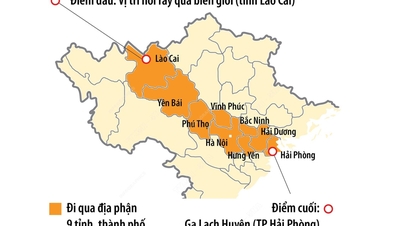











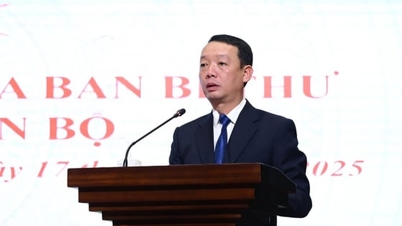





























































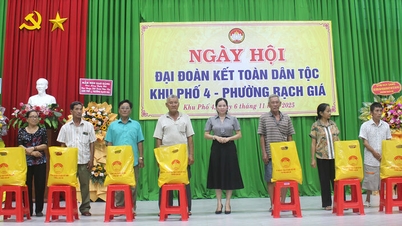















Comment (0)